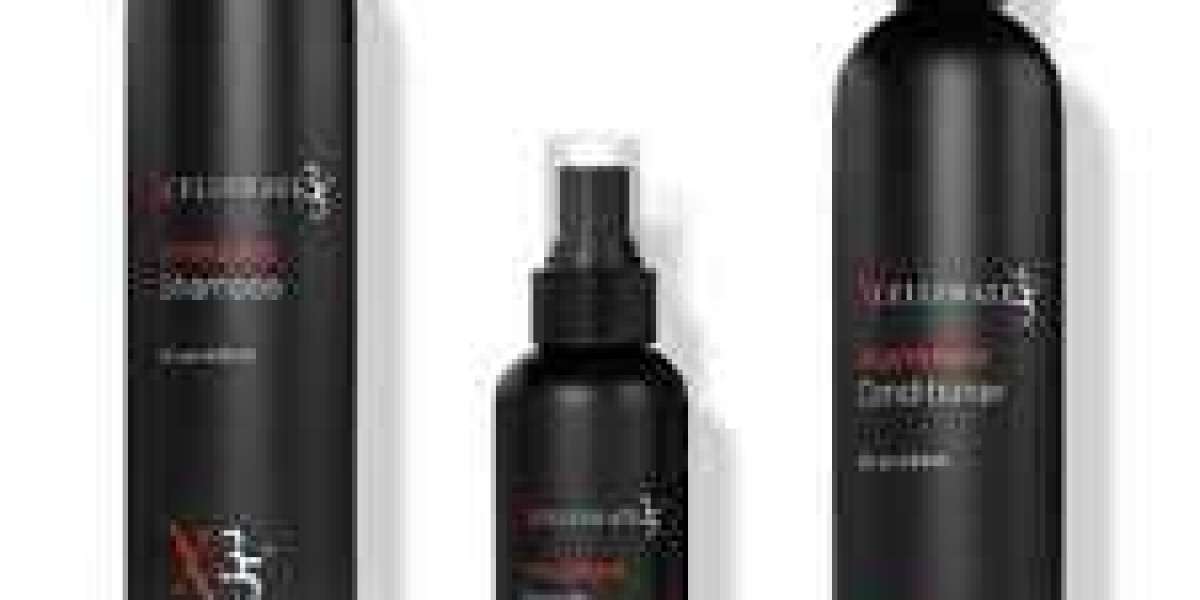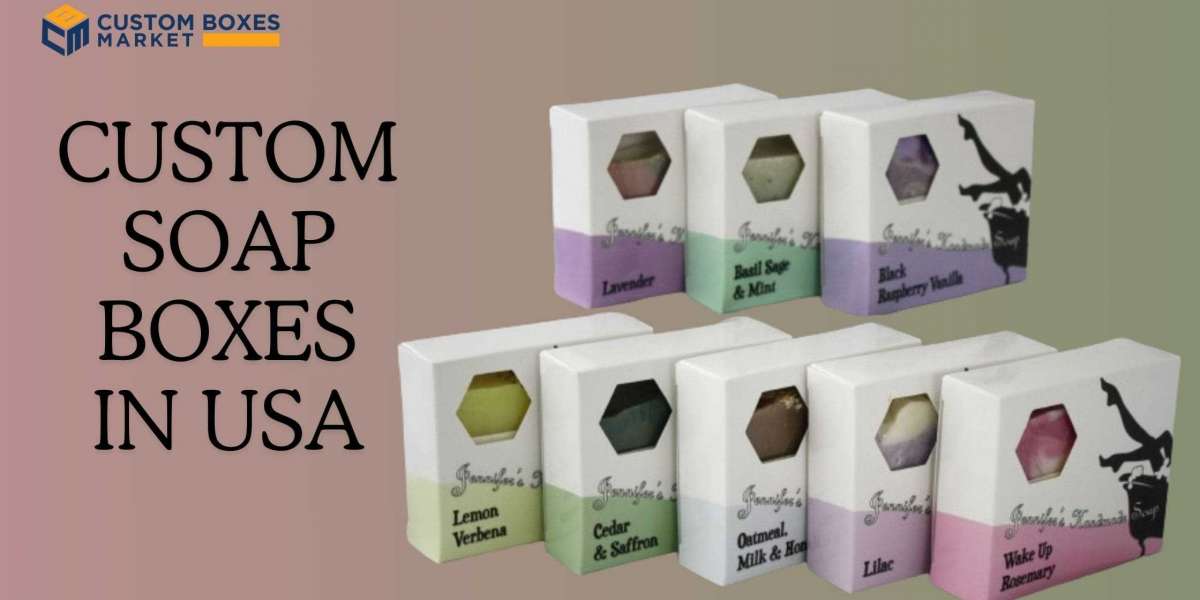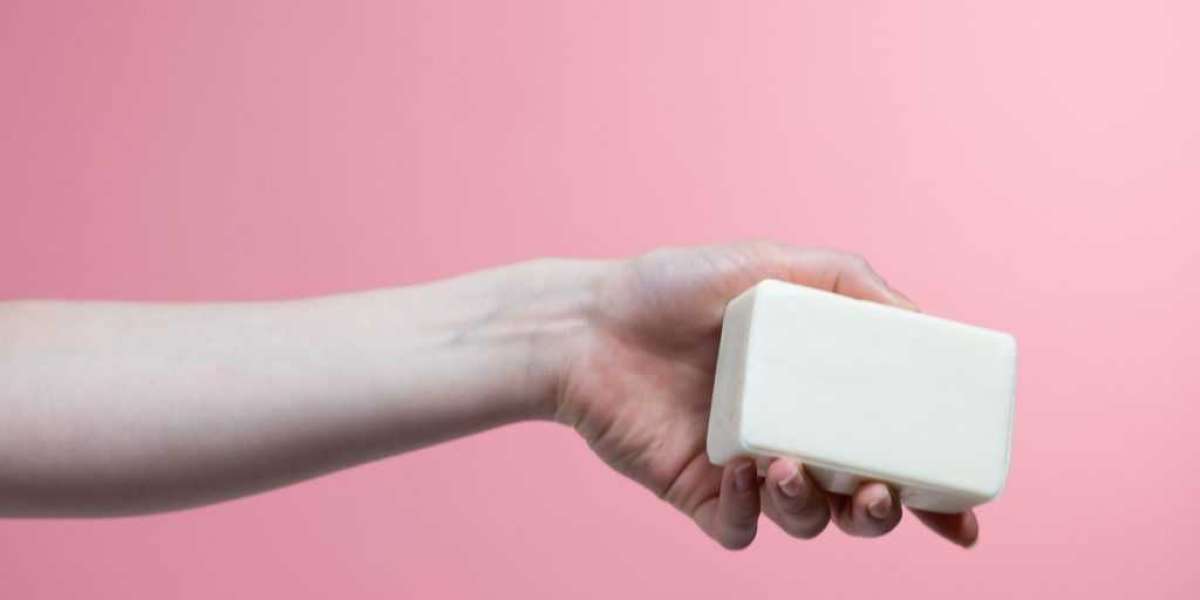Hair fall is a common concern affecting millions of people worldwide. It can be caused by a variety of factors, including genetics, stress, poor diet, hormonal imbalances, and environmental factors. The market is flooded with numerous hair fall treatment products, making it challenging to choose the right one. This comprehensive guide will explore various hair fall treatment products, their ingredients, benefits, and how to select the best options for your specific needs.
Understanding Hair Fall
Before diving into the products, it’s essential to understand the underlying causes of hair fall. Hair goes through a natural growth cycle that includes growth (anagen), resting (telogen), and shedding (catagen) phases. It’s normal to lose 50-100 hairs a day, but excessive hair fall can be a sign of an underlying issue.
Common Causes of Hair Fall
- Genetics: Hereditary hair loss, also known as androgenetic alopecia, is the most common cause of hair fall.
- Hormonal Changes: Hormonal imbalances due to pregnancy, menopause, thyroid issues, or birth control pills can lead to hair loss.
- Nutritional Deficiencies: A lack of essential nutrients like iron, protein, and vitamins can weaken hair and cause it to fall out.
- Stress: Physical or emotional stress can trigger a temporary hair loss condition called telogen effluvium.
- Medical Conditions: Conditions such as alopecia areata, scalp infections, and chronic illnesses can cause hair fall.
- Medications: Certain medications, including those for cancer, arthritis, depression, heart problems, and high blood pressure, can lead to hair loss.
- Hair Treatments and Styling: Excessive use of hair dyes, chemical treatments, heat styling, and tight hairstyles can damage hair and cause it to fall out.
Types of Hair Fall Treatment Products
Hair fall treatment products come in various forms, including shampoos, conditioners, serums, oils, supplements, and more. Each type serves a different purpose and targets specific aspects of hair health.
1. Shampoos and Conditioners
Specialized shampoos and conditioners formulated to reduce hair fall often contain ingredients that strengthen hair, promote growth, and nourish the scalp. Look for products with the following ingredients:
- Biotin: Also known as vitamin B7, biotin strengthens hair and promotes growth.
- Ketoconazole: An antifungal agent that reduces scalp inflammation and treats dandruff, which can contribute to hair fall.
- Saw Palmetto: A natural DHT blocker that prevents hair loss.
- Caffeine: Stimulates hair follicles and promotes growth.
- Aloe Vera: Soothes the scalp and reduces inflammation.
- Argan Oil: Nourishes and strengthens hair.
2. Hair Serums and Tonics
Hair serums and tonics are leave-in treatments designed to provide concentrated nourishment to the scalp and hair follicles. They often contain growth-stimulating ingredients and can be used alongside shampoos and conditioners for enhanced results.
- Minoxidil: A well-known over-the-counter treatment for hair loss that stimulates hair growth and prolongs the growth phase.
- Peptides: Strengthen hair follicles and promote growth.
- Niacinamide: Improves blood circulation to the scalp and promotes hair growth.
- Castor Oil: Rich in ricinoleic acid, castor oil nourishes the scalp and strengthens hair.
3. Hair Oils
Hair oils have been used for centuries to promote healthy hair. They nourish the scalp, strengthen hair, and reduce breakage. Some popular hair oils for treating hair fall include:
- Coconut Oil: Penetrates the hair shaft, reduces protein loss, and strengthens hair.
- Argan Oil: Rich in antioxidants and vitamins, it nourishes and strengthens hair.
- Jojoba Oil: Moisturizes the scalp and hair, preventing dryness and breakage.
- Rosemary Oil: Stimulates blood circulation to the scalp and promotes hair growth.
- Onion Oil: Rich in sulfur, it strengthens hair and promotes growth.
4. Supplements
Dietary supplements can play a crucial role in combating hair fall by providing essential nutrients that may be lacking in your diet. Common supplements for hair health include:
- Biotin: Supports hair growth and overall hair health.
- Vitamin D: Deficiency in vitamin D is linked to hair loss; supplements can help.
- Iron: Essential for healthy hair growth; iron deficiency is a common cause of hair loss.
- Zinc: Supports hair tissue growth and repair.
- Omega-3 Fatty Acids: Promote a healthy scalp and reduce inflammation.
5. Hair Masks and Treatments
Hair masks and deep conditioning treatments provide intensive care for damaged hair, restoring moisture, strength, and shine. Look for masks containing:
- Keratin: Repairs damaged hair and strengthens the hair shaft.
- Collagen: Promotes elasticity and strengthens hair.
- Hyaluronic Acid: Hydrates and nourishes the hair.
How to Choose the Right Hair Fall Treatment Products
Selecting the right hair fall treatment products requires understanding your specific hair type, the underlying cause of hair fall, and the ingredients that will address your needs.
1. Identify the Cause of Hair Fall
Before choosing a product, it's crucial to determine the cause of your hair fall. If you're unsure, consult with a dermatologist or a trichologist who can diagnose the issue and recommend appropriate treatments.
2. Know Your Hair Type
Understanding your hair type (oily, dry, curly, straight, etc.) will help you choose products that are specifically formulated for your hair's needs. For example, if you have dry hair, look for moisturizing and hydrating ingredients.
3. Read the Ingredients
Always read the ingredient list to ensure the product contains beneficial components for hair growth and strength. Avoid products with harsh chemicals like sulfates, parabens, and silicones, as they can cause further damage to your hair.
4. Check for Clinical Evidence
Look for products that have been clinically tested and have positive reviews from other users. Products with proven results and scientific backing are more likely to be effective.
5. Consider Your Lifestyle
Choose products that fit easily into your daily routine. If you're always on the go, opt for leave-in treatments like serums and oils that don't require rinsing out. If you prefer a more intensive treatment, hair masks and deep conditioners may be more suitable.
DIY Hair Fall Treatments
In addition to commercial products, there are several natural remedies and DIY treatments that can help reduce hair fall. Here are a few tried-and-true options:
1. Aloe Vera Gel
Aloe vera has soothing and healing properties that can benefit the scalp. Apply fresh aloe vera gel directly to your scalp and leave it on for an hour before washing it off with a mild shampoo.
2. Onion Juice
Onion juice is rich in sulfur, which promotes collagen production and strengthens hair. Extract juice from an onion and apply it to your scalp. Leave it on for 30 minutes, then rinse it off with a mild shampoo.
3. Coconut Milk
Coconut milk is rich in nutrients that nourish the hair. Apply coconut milk to your scalp and hair, leave it on for 30 minutes, and then wash it off with a mild shampoo.
4. Green Tea Rinse
Green tea is rich in antioxidants that promote hair growth and prevent hair fall. Brew a cup of green tea, let it cool, and use it as a final rinse after shampooing your hair.
Summary
Hair fall can be a distressing issue, but with the right treatment products and a consistent hair care routine, you can significantly reduce hair fall and promote healthier, stronger hair. Whether you opt for commercial products or natural remedies, understanding the underlying causes of hair fall and choosing the right ingredients for your hair type are key to achieving the best results. Always consult with a healthcare professional if you have any concerns about your hair health, and remember that patience and consistency are crucial for seeing improvements.






